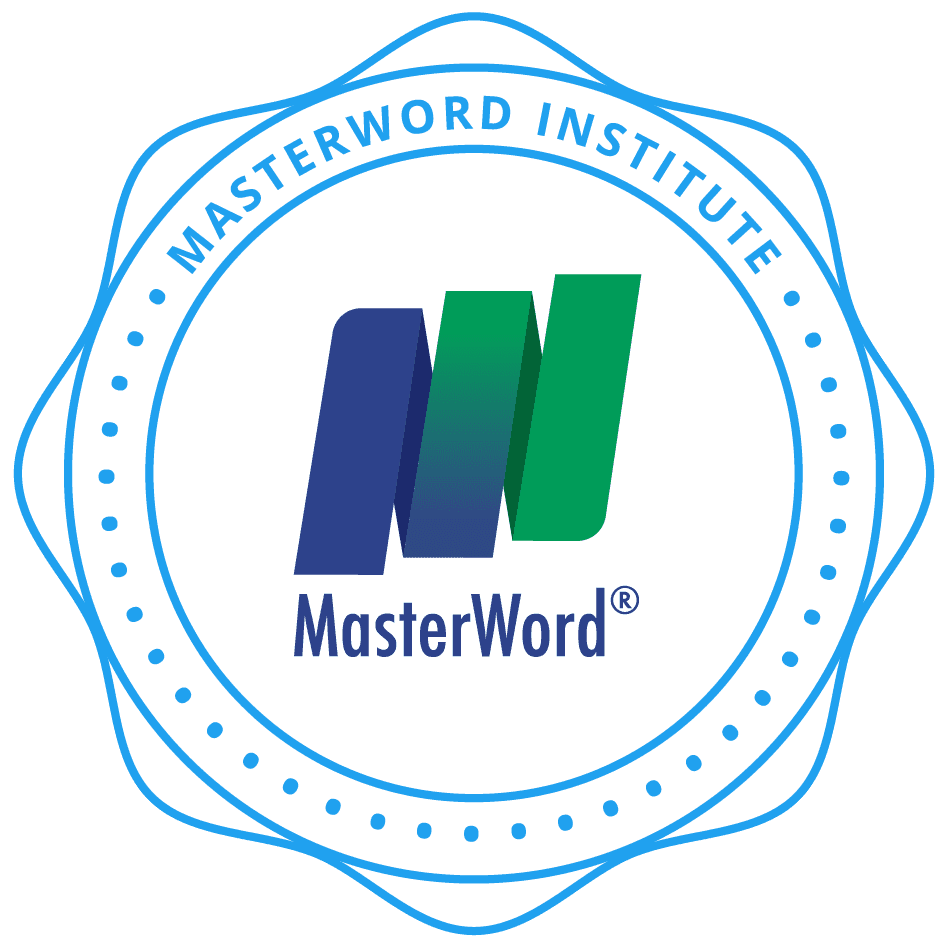Fueled by the desire to touch lives through bridging language gaps and giving back to the community.
I was born and raised in an underprivileged neighborhood in Rwanda, Africa. Being one of eleven children, my parents struggled to put food on the table and keep all their children in school. I was often kicked out of class because my school fees were seldom paid on time. I had to walk about 4 miles to and from school every day. I learned as a young girl that I had to work harder in school than my male peers to succeed because women were mostly left behind and the society expected them to grow and become mothers, nothing more.
Growing up, I was challenged to learn more than three languages at the same time. I spoke Kinyarwanda at home, learned school subjects in French and took a few more hours of English once a month in school. My mother taught me how to speak Kirundi as well so that I could help her with her small business of selling produce in the neighborhood. I quickly learned that languages were essential to my survival and I invested myself into refining my vocabulary and language skills. I would have loved to have books at the time but there was no financial or library resources available. However, all the struggles and challenges I faced did not prevent me from graduating among the top 10 of my High School Class of 2008. After graduation, I had the opportunity to come to the United States in 2009 through a grant program to start my undergraduate studies in Mathematics.
Upon arrival, my language struggle started all over again because my English was not conversational and I could barely understand the American accent. It would take me approximately 35 seconds to process what had been said in English and make sense of it. I spent an average of 2 hours reading 2 pages of my computer science book to understand what I was reading. Two months after my arrival, I had severe stomach pain and a high fever. I went to the doctor’s office and they requested an interpreter to assist me. It was such a relief to have someone who understood my language fully to help me and my appointment went very well. After the appointment, I thanked the interpreter and I told her that, when my English improved, I would become an interpreter so that I could help other people who faced language barriers as she had helped me. Three years later, my English had improved significantly. I became a French tutor in order to assist students who were struggling with their assignments. I also started volunteering as a refugee interpreter; I would accompany non-English speakers to various appointments and help them acclimate to American culture. I developed a deep passion for interpretation because I felt like I was making tangible difference in those refugees’ lives. Therefore, I decided to get certified and became a professional interpreter instead of pursuing a career in Mathematics.
After taking my first certification course, I took one assignment that reinforced my decision to become a fulltime interpreter. I went to a school meeting where I interpreted for a mother who had a child with special needs. After the appointment, the mother demonstrated her deep gratitude. Thanks to my interpretation, she had learned about all the services that were available to her child and all the questions she had asked were answered to her satisfaction. She asked the school if they could request me as her interpreter for all her appointments going forward. This event touched my heart deeply; the following day I gave my supervisor a resignation letter and I have been a full-time interpreter ever since.
I love what I do as an interpreter because I help Limited English Proficient individuals through bridging language gaps, removing cultural barriers and giving back to the community. I plan to continue improving my interpretation skills through further training and certifications, taking various interpretation courses, and attending conferences. I am inspired by the fact that many top ranked language service provider companies in the United States were founded by women. When I started working as an interpreter with one such company, I did not know that the President and CEO was a woman. Her leadership, vision, achievements and dedication to serving others profoundly inspire me. She is my role model and I hope one day to start my own interpretation company and continue to inspire women to become leaders in their communities worldwide.


